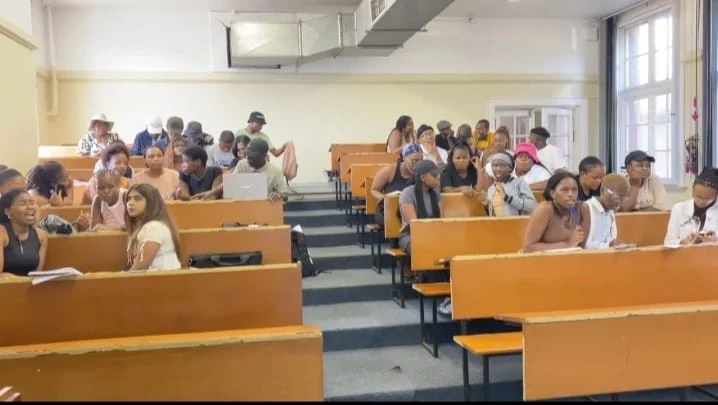By Wandiswa Nxumalo
The 2025 academic year so far has been a whirlwind of tests, assignments and maintaining a healthy balance between school and personal lives. Students have weighed in on finding it hard to stay motivated and keep up with the pace of the semester.
“Academic burnout just makes me feel like I am incapable of doing anything school related,” says Siya Snymes, final year student at the University of Witwatersrand (WIT)
Academic Burnout was recognised as a syndrome under the International Classification of Disease (ICD-11) by the World Health Organisation (WHO) in 2019 as a syndrome after there was a significant increase in students struggling to adapt during Covid 19.
“I feel like the only reason I’m continuing is for academic validation,” said Richfield student, Iya Mathenjwa.
Academic performance has always been a high level of requirement especially for bursary students to maintain funding. Anele Mkhize, third year student at the University of Free State mentioned that she found herself overwhelmed majority of the semester which quickly became the norm.
“And if you feel like you don’t even know what you are doing, freaking out and having panic attacks which is the norm now, just having random panic attacks throughout the day.”
Educational Psychologist, Dr Sharon Enoch explained that academic burnout in a lot of cases is a slow burn effect that students are unaware of until it reaches the tipping point.
“Often times, anxiety caused by learning problems or barriers like Attention Deficit Hyperactivity Disorder (ADHD) and conceptual struggles like when people do not understand the content and they procrastinate, not because they do not understand what needs to be done but because they are not wired to do the work.”
Dr Enoch also added that academic performance pressure is rarely explained as burnout since most students feel better coping under pressure to perform and can handle it.
“I do not feel pressure to achieve high grades; I do my best and see the results. If it happens that I feel pressure to get high grades, it is for me and not my family.”
There are many root causes of academic burnout that need to be evaluated closely as they impact academic performance such as depression and anxiety. It is important that during the exam period and assignment submissions students take the time to ensure that they manage their mental health and be able to adapt to the demands of tertiary level institutions.

